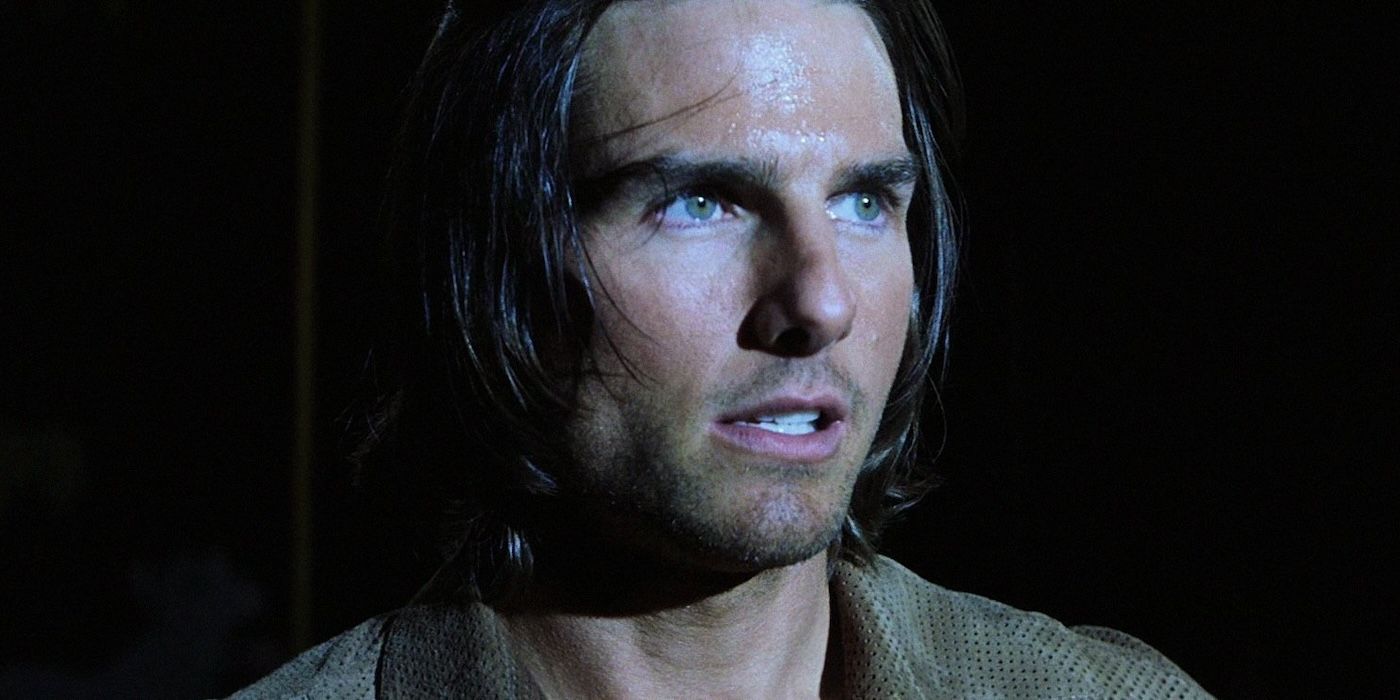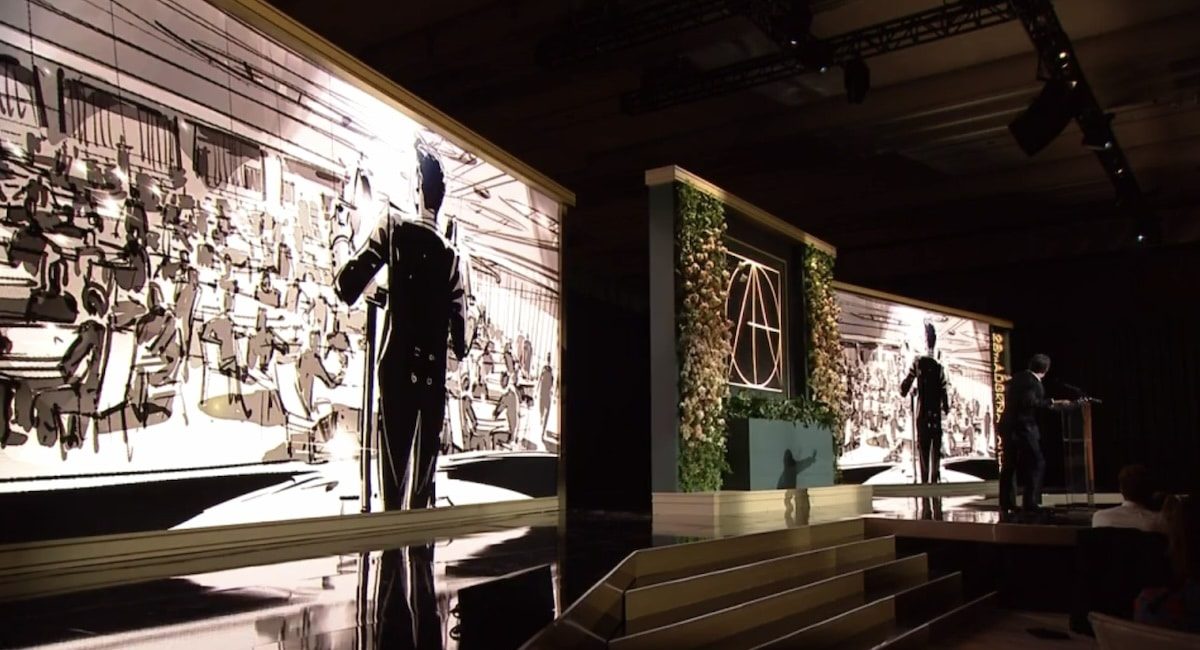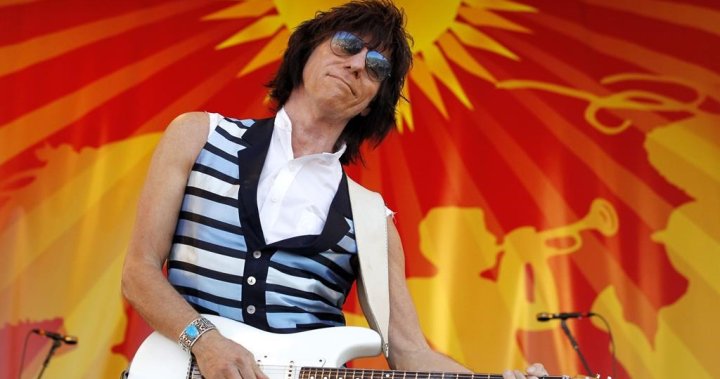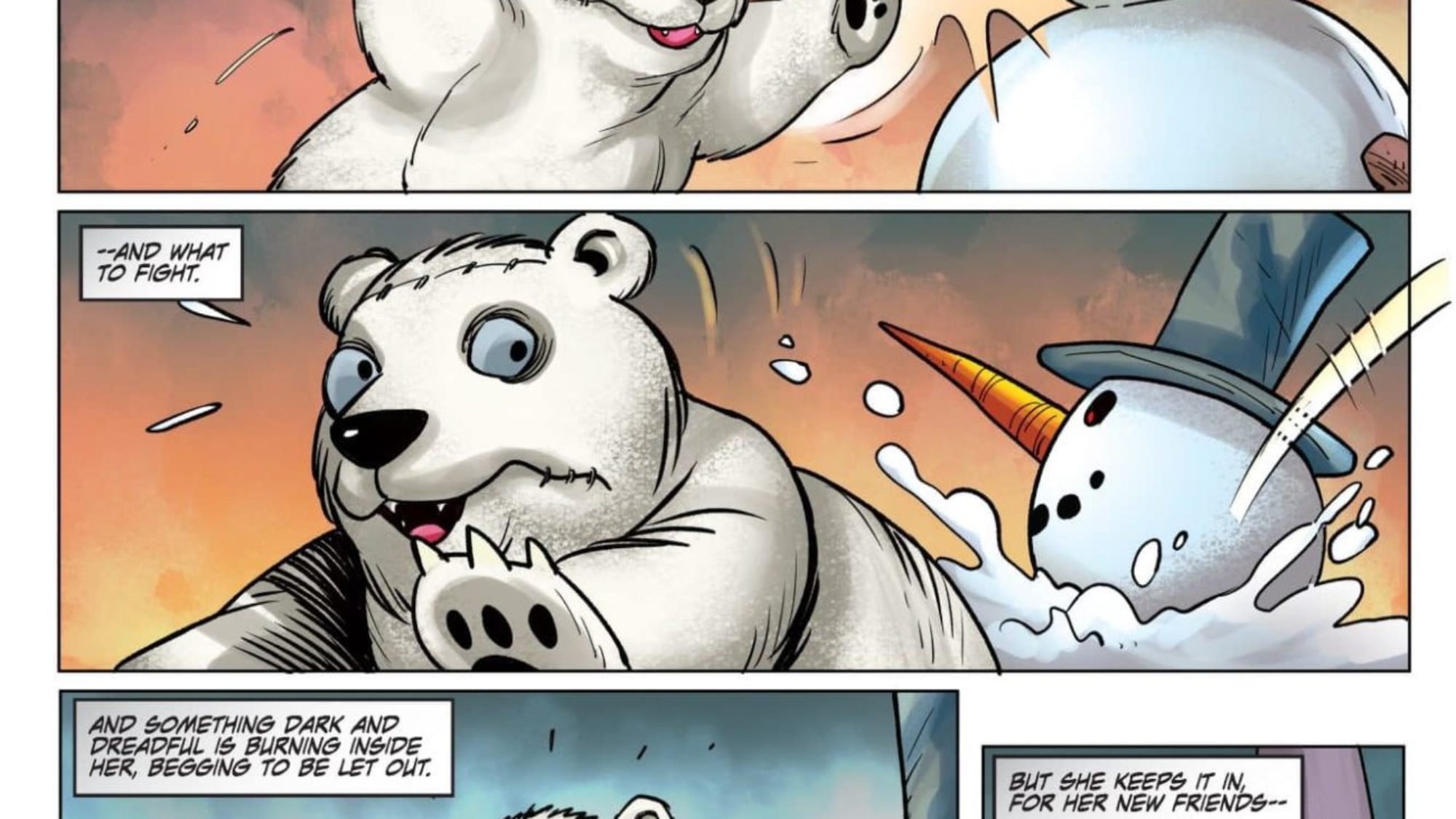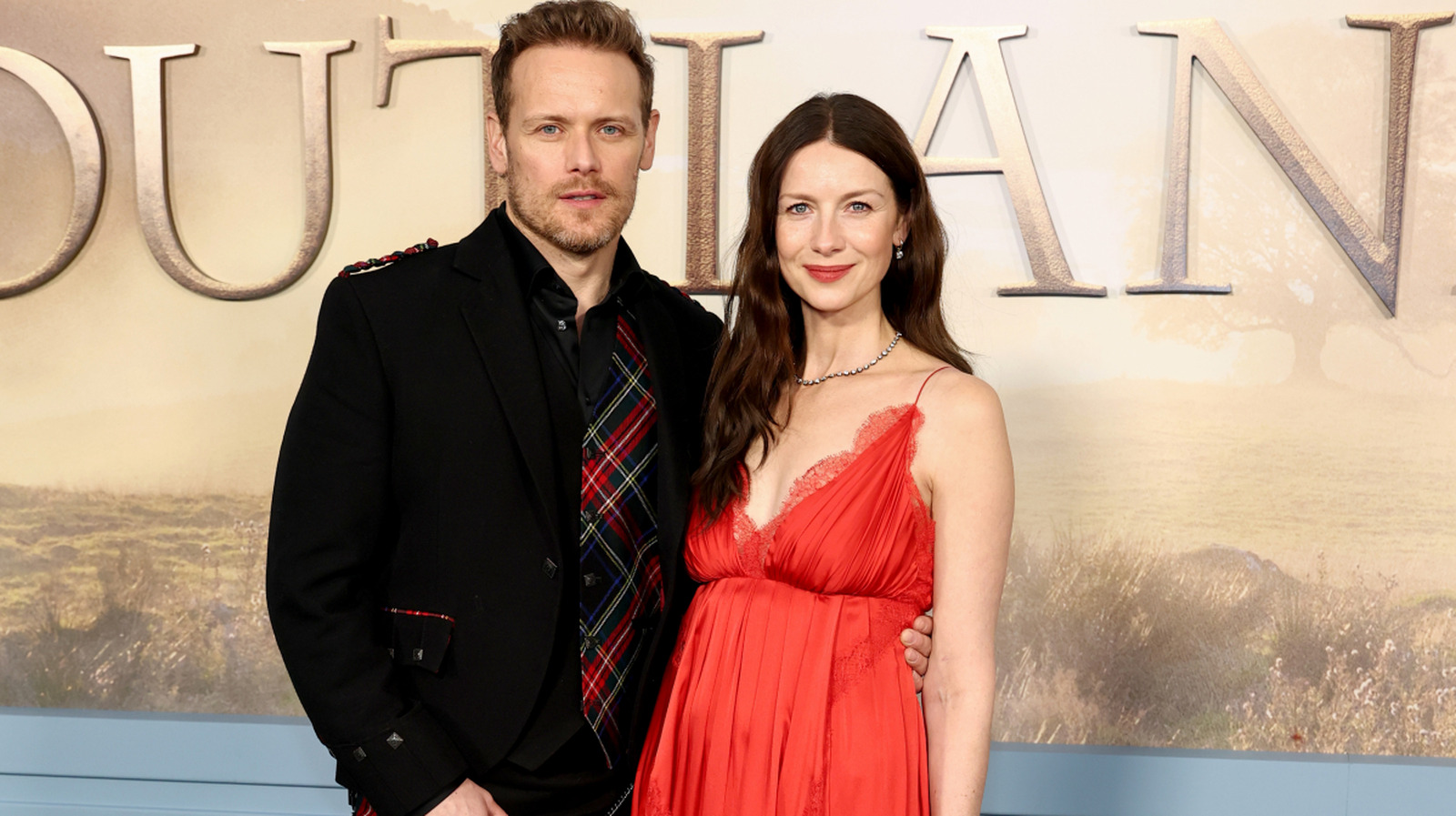Despite making a living out of climbing skyscrapers and jumping out of airborne planes in the Mission: Impossible franchise, we’ll never see a screen performance by Tom Cruise in Magnolia. Watching Cruise pour his heart and soul into the 1999 Paul Thomas Anderson epic feels like you’re partaking in one of the actor’s daring stunts, as his level of unbridled charisma and psychological wounds doesn’t feel humanly possible. Cruise’s Oscar-nominated, larger-than-life performance as a motivational speaker with a tortured past is a meal on its own, but it’s only a fraction of the feast that is Magnolia, a modern-day opera bereft of any subtlety or understated drama. When a film is this moving, sincere, and emotionally transparent, it’s hard to complain about the lack of abstract storytelling.
Tom Cruise Gives The Performance of a Lifetime in ‘Magnolia’
After bursting onto the scene with Boogie Nights, Paul Thomas Anderson marked himself as the voice of a generation. On the cusp of launching The Lord of the Rings as their signature franchise, New Line Cinema was a distributor that focused on off-kilter genre movies and idiosyncratic auteur-driven films. Unafraid to tackle uncommercial projects, New Line, following the overwhelming success of Boogie Nights, opened up the blank check and told Anderson he could direct whatever he desired, the director explained to The New York Times. The studio, in a seemingly unprecedented move, allowed Anderson to edit the film’s trailer and design the poster, which de-emphasized Tom Cruise’s presence to not mislead anyone into believing that this was a “Tom Cruise movie.” What they received was one of the most audacious cinematic swings of the last 25 years in Magnolia, a mosaic about a myriad of interconnected characters in the San Fernando Valley dealing with grief, regret, forgiveness, and the longing for happiness.
Magnolia might not be a Cruise vehicle in the realm of The Firm or Jerry Maguire, but Cruise still manages to steal the show. Within the deep ensemble cast, including Julianne Moore, Jason Robards, John C. Reilly, Philip Seymour Hoffman, and Philip Baker Hall, Cruise’s performance as Frank T.J. Mackey, an ostentatious pick-up artist who propagates misogynist rhetoric for masculine empowerment, is the thumping heart of Magnolia. The character prophetically mirrors the wave of 21st-century men’s rights demagogues fueled by valorization by Internet subcommunities. Beneath his bombastic persona, Frank is a broken man lacking purpose or happiness. His insecurities unravel during the recording of a television interview where the reporter, Gwenovier (April Grace), unearths Frank lied about his upbringing, claiming that his father had died. She uncovers that Frank’s father was the ailing game show producer, Earl Partridge (Robards), who became estranged from each other.
Cruise’s performance in Magnolia is the epitome of a tour de force–an explosive turn that puts other “tour de force” performances to shame. Never before or since has Cruise reached such grand theatrical highs onscreen. While it is loud, showy, and a blatant case of Cruise showing off his chops to win an Oscar, his performance is anything but disingenuous. In 1999, Magnolia and Eyes Wide Shut both meta-textually attempted to unlock the curious case of Tom Cruise’s persona and public image. Frank, like Cruise, is an otherworldly figure of infectious charm and radiance that masks his dark side and ominous personal background. The tension between his hypermasculine affectation and his haunted past causes him to, in the finest moment of Cruise’s career, break down in tears and agony while sitting by his father’s bed in his final moments.
Paul Thomas Anderson Crafts a Modern American Opera in ‘Magnolia’
There is still plenty to appreciate about Magnolia beyond the rich thematic complexities of Frank Mackey and Cruise’s spellbinding performance. Each performance ranges from soul-stirring to volatile, but everything is an extension of P.T. Anderson’s vision. Proverbially sitting on top of the world following Boogie Nights, Magnolia is a fiery evocation of Anderson grappling with the purpose of his life on the most melodramatic stage. “Do not expect subdued taste and restraint, but instead a kind of operatic ecstasy,” wrote Roger Ebert, and truer words have never been said about Magnolia.
The cleanest logline of the film is that it’s a Robert Altman movie directed by Martin Scorsese, as it moves with the kinetic frenzy and manic energy of a Scorsese film and captures an Altmanesque portrait of a kaleidoscopic community. Anderson uses the sprawling backdrop of his film to make these disparate characters one entity, a single figure grappling with loneliness and regret. Magnolia is a quintessential end-of-the-century film. The characters’ anxiety about past grievances and mistakes is matched by fear of the unknowable future. Like life itself, Anderson’s film is messy, complex, and needlessly punishing, but also beautifully poetic in the same breath.
Magnolia is available to stream on Paramount+ in the U.S.
Watch on Paramount+
An epic mosaic of interrelated characters in search of love, forgiveness and meaning in the San Fernando Valley.
- Release Date
- December 10, 1999
- Director
- Paul Thomas Anderson
- Runtime
- 188 minutes

